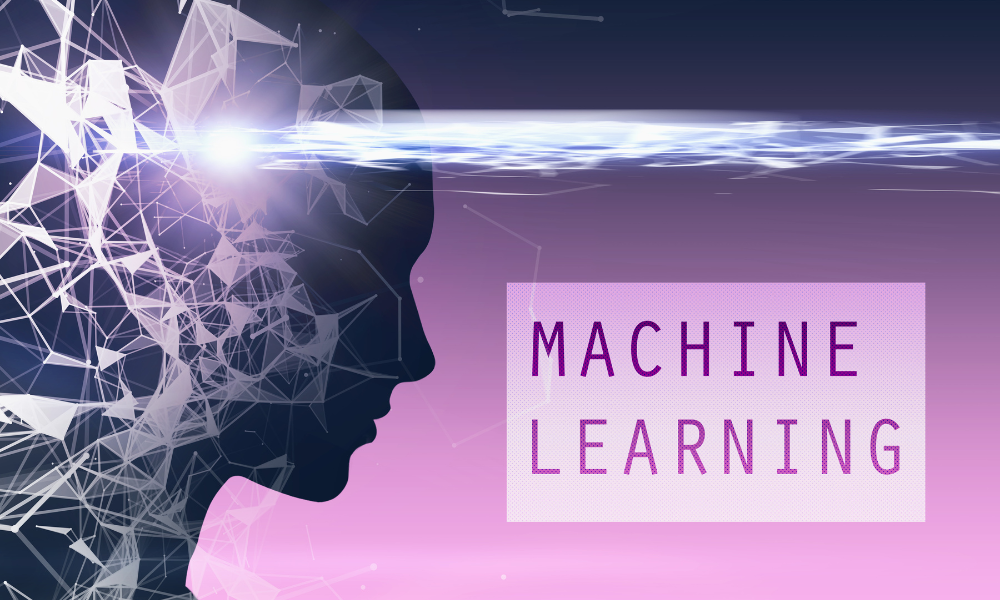In recent years, the healthcare industry has witnessed a profound transformation fueled by advancements in artificial intelligence (AI) technology. From diagnostic tools to personalized treatment plans, AI is revolutionizing patient care in ways previously unimaginable. In this blog, we'll explore the role of AI in healthcare and how it is reshaping the patient experience.
Unlocking Insights with AI-Driven Diagnostics
AI algorithms are capable of analyzing vast amounts of medical data with incredible speed and accuracy, enabling healthcare providers to diagnose conditions more efficiently and accurately than ever before. By harnessing the power of machine learning and deep learning algorithms, AI-driven diagnostic tools can detect patterns and anomalies in medical images, laboratory tests, and patient records, helping physicians make more informed decisions and provide timely interventions.
Personalized Treatment Plans through Predictive Analytics
One of the most promising applications of AI in healthcare is predictive analytics, which leverages data to anticipate health outcomes and tailor treatment plans to individual patients. By analyzing a patient's medical history, genetic makeup, lifestyle factors, and other relevant data points, AI algorithms can identify risk factors, predict disease progression, and recommend personalized interventions to optimize health outcomes. This approach not only improves patient outcomes but also reduces healthcare costs by preventing avoidable hospitalizations and complications.
Enhancing Patient Engagement and Experience
AI-powered technologies are also enhancing patient engagement and experience by providing personalized, accessible, and convenient healthcare solutions. Virtual health assistants and chatbots powered by natural language processing (NLP) enable patients to access medical information, schedule appointments, and receive personalized health recommendations in real-time, from the comfort of their homes. Additionally, AI-driven telemedicine platforms facilitate remote consultations, enabling patients to connect with healthcare providers regardless of geographic location, reducing wait times, and improving access to care.
Improving Operational Efficiency and Healthcare Delivery
Beyond clinical applications, AI is transforming healthcare operations and delivery, driving efficiency, and cost-effectiveness across the healthcare ecosystem. Predictive analytics and AI-driven forecasting tools enable healthcare organizations to optimize resource allocation, streamline workflow processes, and improve patient flow, resulting in shorter wait times, reduced hospital readmissions, and enhanced overall operational efficiency. Additionally, AI-enabled robotic process automation (RPA) automates repetitive administrative tasks, freeing up healthcare professionals to focus on patient care and clinical decision-making.
Overcoming Challenges and Ensuring Ethical Use of AI in Healthcare
While the potential of AI in healthcare is vast, it is not without its challenges. Ensuring the ethical use of AI, protecting patient privacy and data security, addressing biases in AI algorithms, and maintaining transparency and accountability are critical considerations that must be addressed to realize the full potential of AI in healthcare. Additionally, healthcare professionals must receive adequate training and education to effectively leverage AI tools and technologies and integrate them into clinical practice seamlessly.
Embracing the Future of AI-Powered Healthcare
As we enter the era of AI-powered healthcare, the possibilities for improving patient care, enhancing clinical outcomes, and transforming healthcare delivery are limitless. By harnessing the power of AI-driven diagnostics, predictive analytics, patient engagement tools, and operational efficiency solutions, healthcare organizations can revolutionize the way care is delivered, making it more personalized, accessible, and effective for patients worldwide. As we continue to explore the potential of AI in healthcare, it is essential to remain vigilant, ethical, and collaborative in our efforts to harness this transformative technology for the benefit of all.











